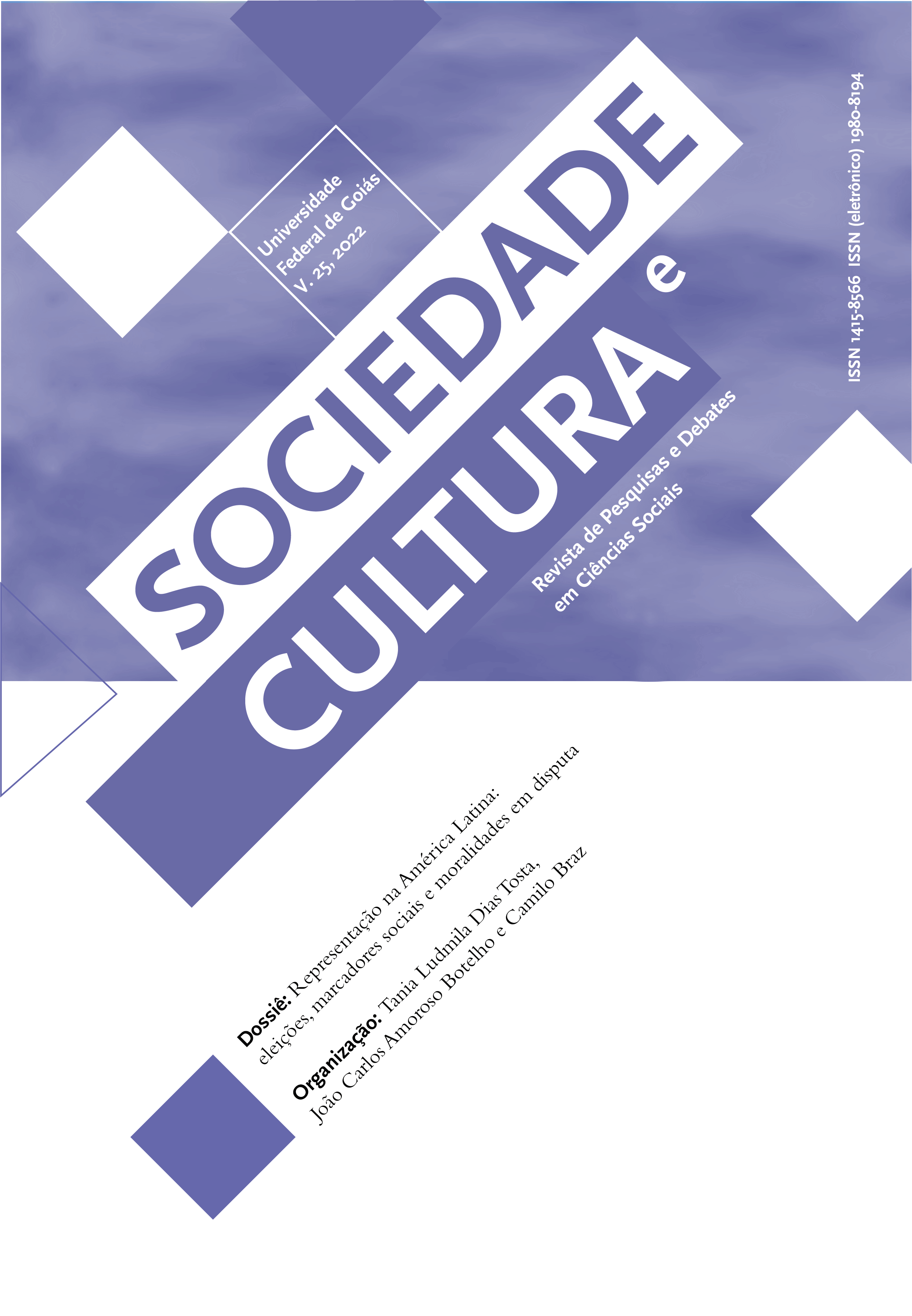The “negro-vida” and the “branco-tema”: notes on a new social pathology of the Brazilian whites
DOI:
https://doi.org/10.5216/sec.v25.72743Abstract
This article intends to discuss the tensions unleashed by the inclusion of the “negro-vida” and the thematization of whiteness. It is based on an empirical research on affirmative actions in three law schools: the Federal University of Bahia, the University of Brasília and the University of São Paulo’s Law Schools. In the study, developed with professors of these schools, we propose an interpretation based on the ideas of “social
pathology of Brazilian whites” and the cultural neurosis of “racism by denegation”. After analyzing the interviews, we identified the existence of a factor which is crucial to the current mechanisms of reproduction of inequality, whiteness. On the other hand, we identified the emergence of a new perspective brought by antiracist and Black researchers, that we named as negro-vida.
Downloads
Downloads
Published
How to Cite
Issue
Section
License
Copyright (c) 2022 Sociedade e Cultura

This work is licensed under a Creative Commons Attribution 4.0 International License.
Authors who publish in this journal agree to the following terms:
- Authors retain the copyright and grant the journal the right of first publication, the work being simultaneously licensed under the Creative Commons Attribution License, which allows the sharing of the work with acknowledgment of authorship and of the initial publication in this journal;
- Authors are authorized to enter into additional contracts separately, for non-exclusive distribution of the version of the work published in this journal (eg, publishing in an institutional repository or as a book chapter), with acknowledgment of authorship and of the initial publication in this journal;
- Authors are allowed and encouraged to post and distribute their work online (eg, in institutional repositories or on their personal page) at any point before or during the editorial process, as this can bring productive change as well as increases the impact and the citation of the published work (see O Efeito do Acesso Livre).



